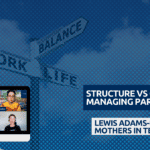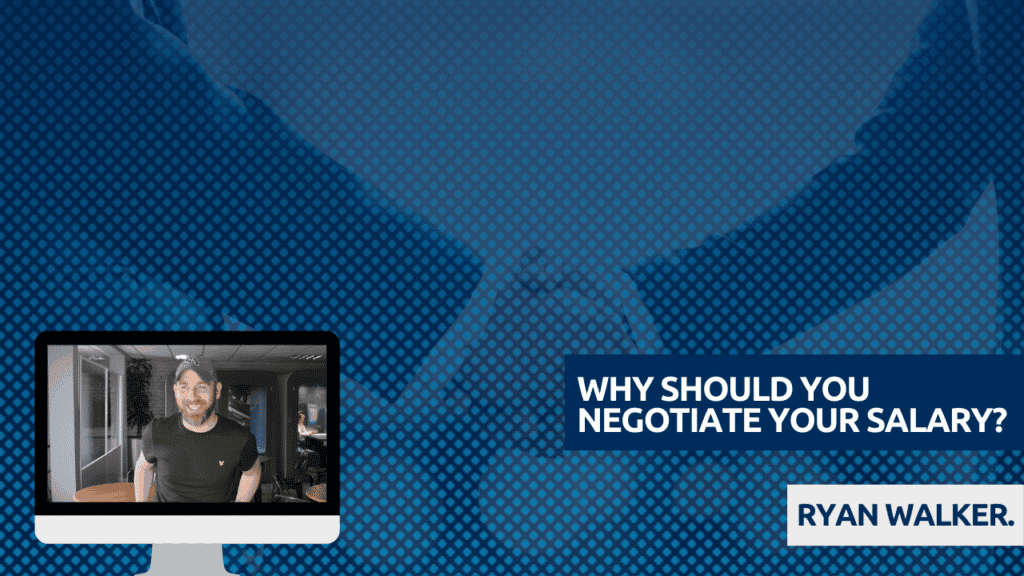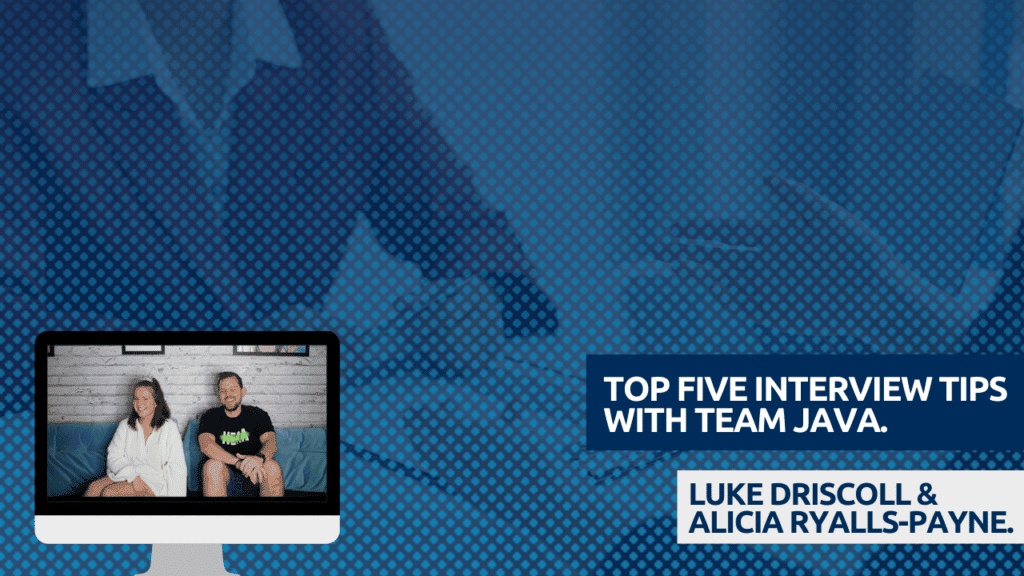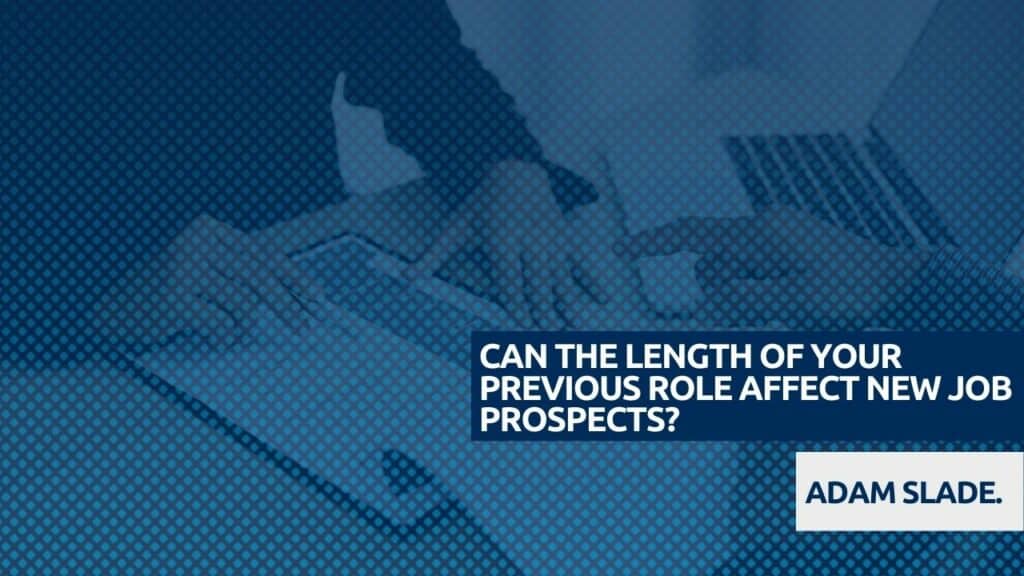Managing a Career and Motherhood

GG: I was curious about how you guys dealt with the whole point about being in tech and a lot of what we do in tech is very rational and planned and logical. And I know that there’s obviously a lot of juggling and a lot of pivoting you have to do and reactiveness. But ultimately, we work in very data orientated organizations. We structured, we have plans, etc, and you are used to living your life in quite a structured and predictable fashion, but running in tandem with that you have this other life that is just like chaos, and I was curious, with my experience, how do you guys cope with these two parallel types of lives? Sorry, I’m doing your job for you Lewis!
Kate: I actually I told Lewis at the beginning that I have to make sure not to ask questions and I’m trying my best to keep quiet because I have this tendency to continue asking questions.
Lewis: No please do.
Kate: I love that, I think for me, I was in consulting right before I got pregnant. Actually, the reason I got into data analytics is because of my first daughter. I was working crazy, I guess it wasn’t crazy for everybody but my client and the demands for the client were pretty crazy where I was working nights, every night, weekends, and every weekend for months at a time. And I was traveling and I remember being very pregnant and thinking, no way, there’s no way I’m going to miss every second, of at that time I didn’t know if it was a daughter or son’s life. And that’s actually what pushed me to look for a stay-at-home gig where I can actually work remotely and got into data six years ago, almost exactly six years ago, because she’s almost six. It definitely changed things. But to address your question about juggling, one thing in that hectic career lifestyle I learned is that you’re always going to be thrown curveballs. The client’s going to say, OK now I want this, and your kids also going to say, I don’t eat mac and cheese anymore. Like you ate this for years and now you don’t eat it, what’s happening? And it’s the same with the client saying, well, we don’t use this anymore build a new thing. It’s very similar tactics of managing clients and managing kids or raising kids. I should say raising not managing. But it definitely taught me a lot in terms of the shifting expectations and priorities that you have to put up with all the time. I’m afraid of when you’re older, ten and thirteen sounds scary. Mine be like ten and twelve, I guess so that’s close in age too.
GG: I would love to be the type of person Brandee was talking about earlier, but I’m not I’m the person that just lays it out there and it’s just awful.
Brandee: We’re sold this dream of motherhood and I’ll pause here before anyone sends me like hate on this, being a mother is the top priority in my life full stop. Like there will be nothing, no project, no startup, no equity no investment, no money, no house, no car, no anything that will ever top being a mother. But caveat, it’s hard and it fundamentally changes you like I loved that as mothers we protect mothers who are newly pregnant by not giving them all the stuff, because most people, if they knew before, would be like, oh my god, I cant do this!
GG: That’s proof the birthday happened the other day.
Brandee: If I knew everything before they would never do it. So you can’t give the full shebang at the beginning. But I’ve definitely I feel like the more you normalize the fact that postpartum is real, what the hell am I doing with my life is real juggling the idea of like career versus can I breastfeed in this meeting on mute if on Zoom, like it can let me hide that. Is there even a place to do these things? Is there a voice for me or advocacy in the organization, I think all of that is very normal and it’s normal for it to not be normal because you just created a sentient being that you have to care for until your time expires on planet Earth, that’s huge it’s massive. And so I think that a lot of the time, people just want to see the baby, but they don’t want to hear about the labor bits. We’re the stakeholders of that. So I love sharing the reality because there’s a glorious wonder to close face kisses and saying good night and seeing them grow as beings. But there’s also exhaustion, soul-sucking tiredness that you eventually kind of acclimate to, hopefully, but you just kind of get used to the abuse. But it’s important, I think, to share these things in a candid way because a lot of the time we’re spoon-fed this like Pinterest, and I love Pinterest, don’t get me wrong, but like this very editorial way of looking at motherhood. But it’s down and dirty. It’s the hardest time of my life.
NÄCHSTE SCHRITTE.










